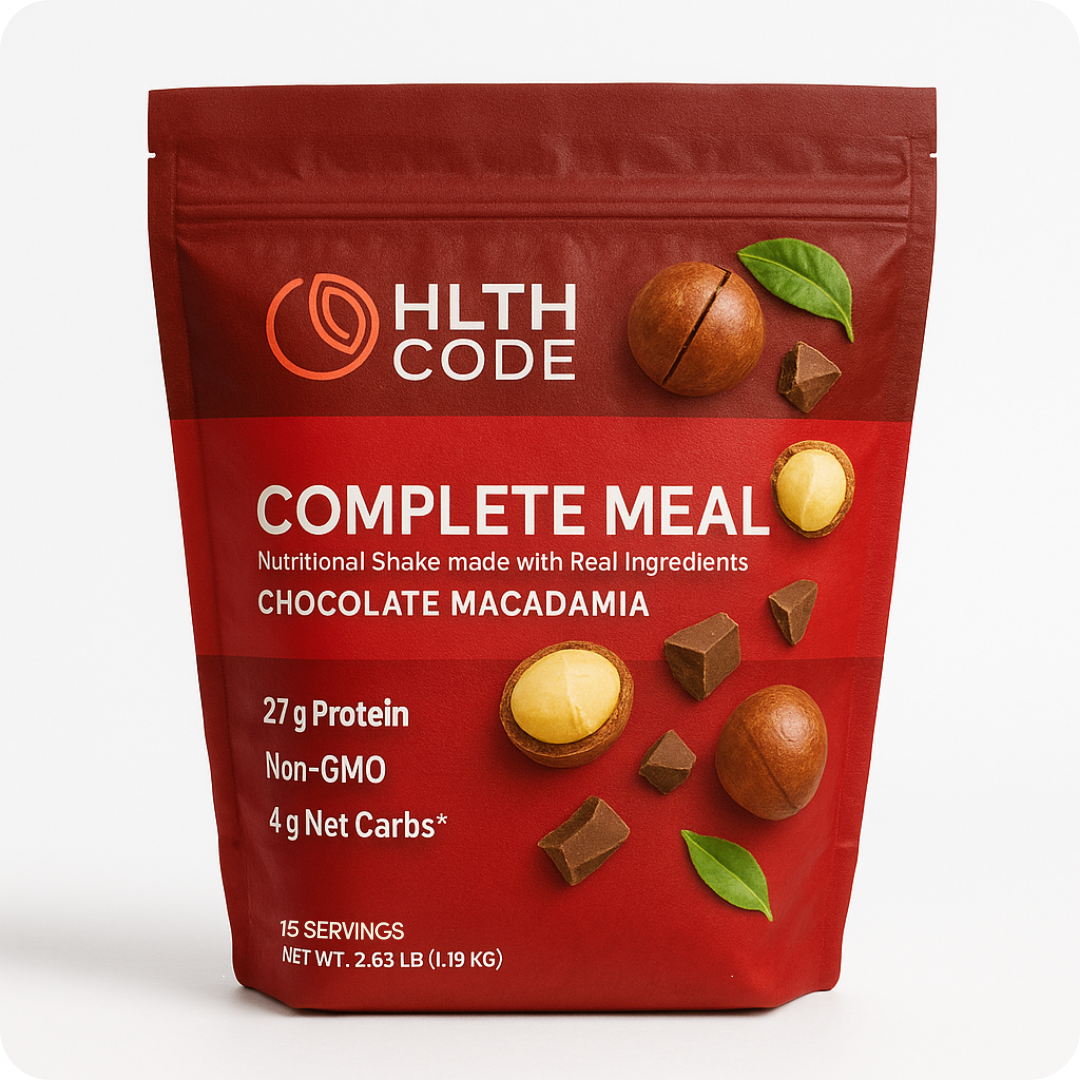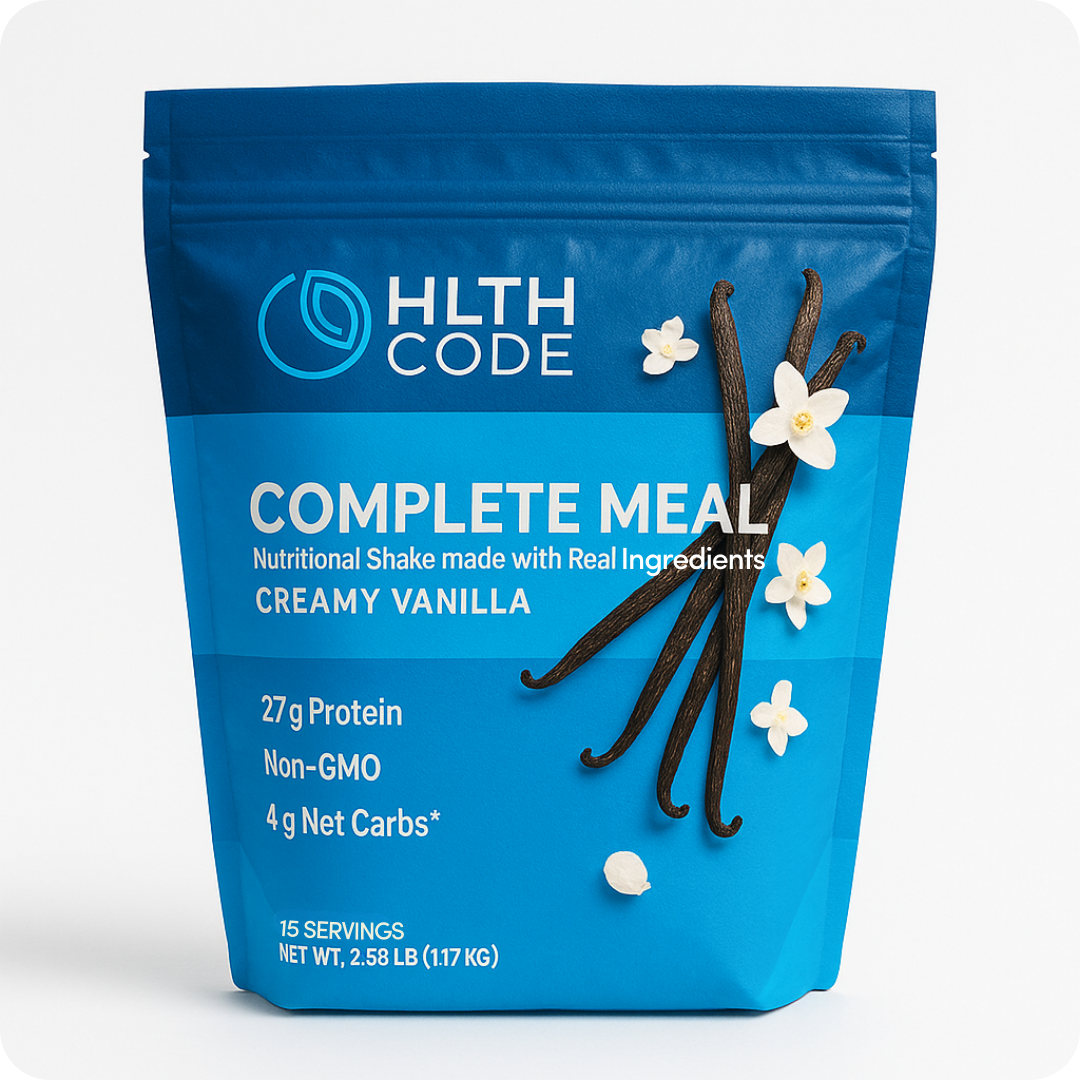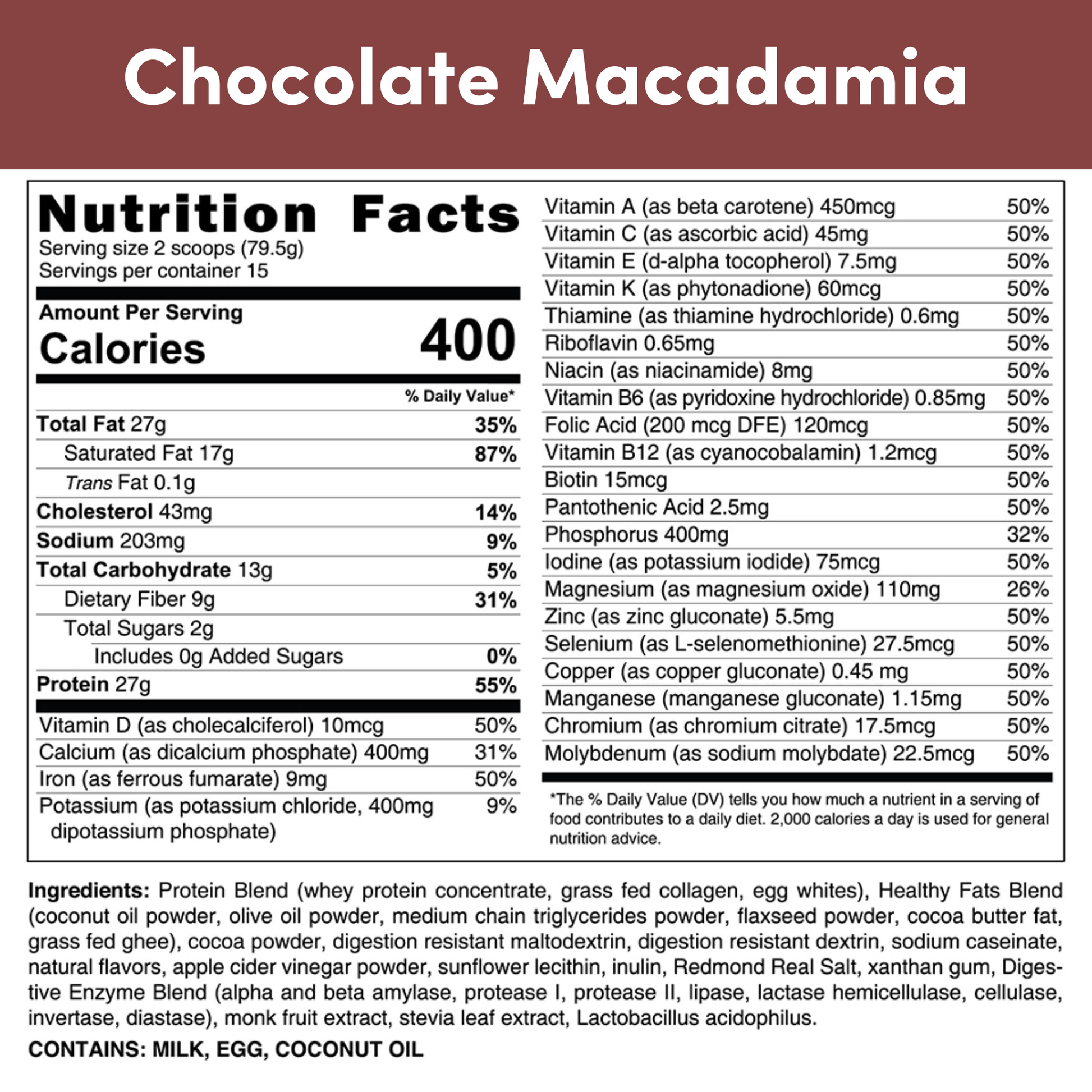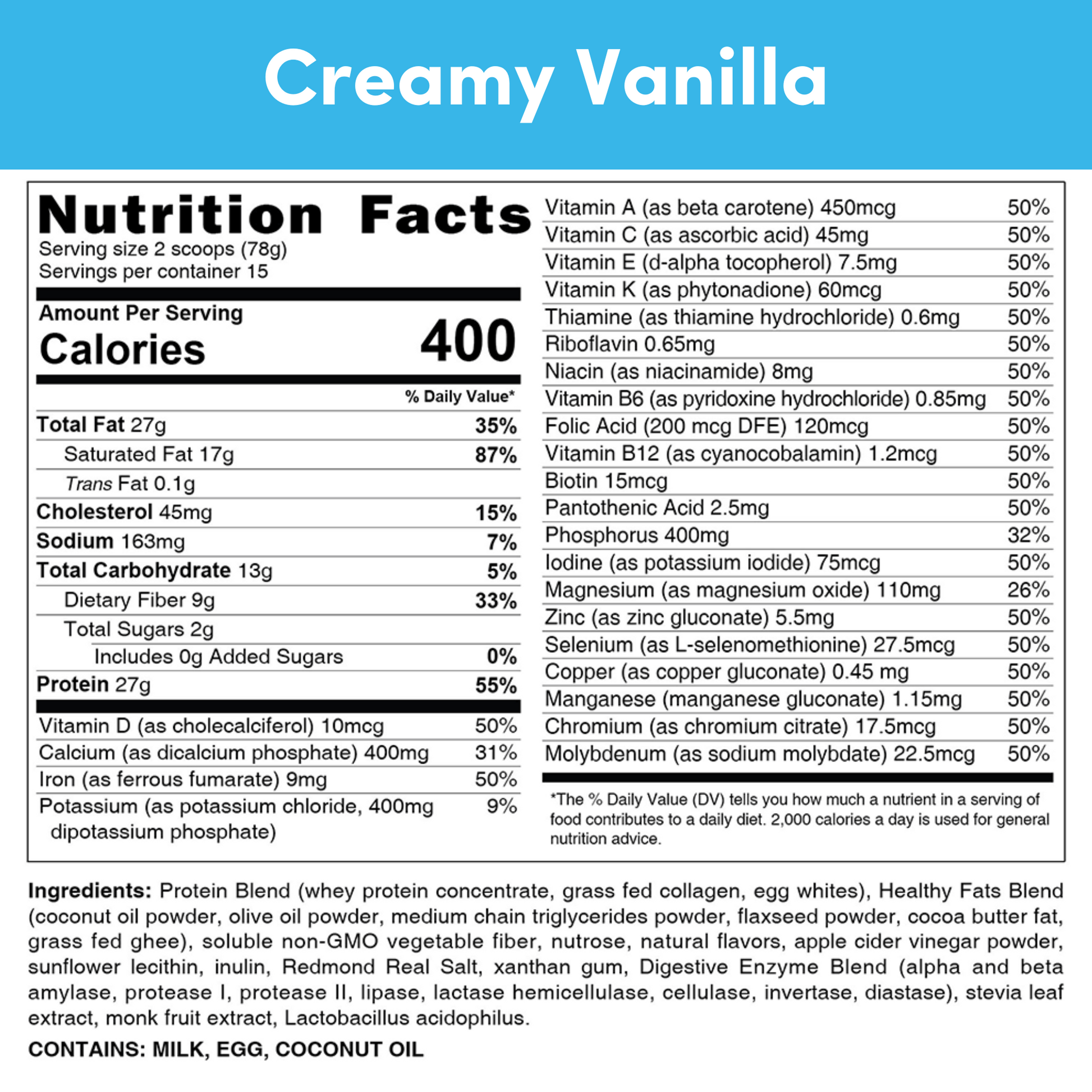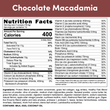Why Can’t I Lose Weight?!? p1
I have recently had multiple conversations with irritated individuals who feel stuck. They’ve “hit a wall” where, despite regular exercise and intentional healthy eating habits, they can’t seem to lose weight. It can be challenging to continue a path for better health and weight loss when you seem to be doing everything “right” without seeing lower numbers on the scale. I’m here to tell you, “Don’t give up!” Perhaps more importantly, I’m here to give you some science behind why you shouldn’t give up and help you understand the elements that contribute to your weight. With a stronger understanding of these factors, you will have more tools to make better decisions for your well-being and customize your approach to health.
Before we get too far into a discussion, let me make something clear. Your weight is not a perfect gauge of your health! We put so much emphasis on weight loss in our society, but body weight and body mass index (BMI) are not the only outcomes that indicate health. You can improve your health without lowering your weight. That being said, excess weight and body fat are correlated with insulin resistance, inflammation, atherosclerosis and a number of other alterations in metabolic health.[1] Subsequently, using weight as a convenient and consistent measurement of health can help you quantify improvements.
With that foundation, let’s dive into some of the components that regulate our body weight. These include the food we eat, how we hydrate our bodies, the physical demands we place on our bodies, sleep, and medications.
The Food We Eat
The central theme to almost all weight loss diets is calorie restriction. In a very simplified way, this approach to weight management depends on energy balance and claims that you should lose weight if your calorie intake is less than your calorie output. While it sounds simple enough to consume fewer calories than you burn, it’s not as easy as you might think. For one, most of our calories burned in a day are a product of our basal metabolic rate or BMR (the energy it takes to keep your basic body functions going).[2] While most of us don’t know exactly what our BMR is, it seems that the average is about 1,400 calories/day for healthy women and about 1,600 calories per day for healthy men.[3]
Additionally, a diet high in carbohydrates signals the body to store more fat compared to a diet that is lower in carbohydrates due to elevated insulin levels.[4] So not only are the number of calories you consume important, but the composition of those calories as well. Adhering to a low-carbohydrate diet can be especially difficult when everything around us has added sugar and when every holiday has its own seasonal candies and goodies. As a rule, consuming fewer calories than you burn is a decent approach, but I wouldn’t get caught up in counting calories. Just make sure the calories you consume are high quality and include lots of veggies, healthy fats, and proteins.
Fasting can also be a useful tool to help limit the timeframes in which you eat, giving your body some much needed respite from a constant barrage of food. Feel free to read up on fasting, including some of its benefits and how to start, HERE.
Hydration
Staying hydrated is vital to weight loss and proper molecular functions throughout the body. Research has shown that increasing water intake aids in the breakdown of fat (lipolysis) and decreases the amount of food you eat – both leading to potential weight loss.[5] If you are dehydrated, your body cannot filter and eliminate waste and toxins as easily, nor will it break down fat as easily. While everyone’s water intake needs will be different, The U.S. National Academies of Sciences, Engineering, and Medicine says that men should consume about 15.5 cups (3.7 liters) of fluids per day and that women should consume about 11.5 cups (2.7 liters) of fluids per day.[6] Bear in mind that these numbers include fluids from water, other beverages, and food (about 20% of daily fluid intake can come from food). Also bear in mind that sugar-sweetened beverages, while technically adding to your hydration, can also be a huge source of unnecessary calories and increase your risk of developing all sorts of diseases.[7]
Physical Activity
The impact of physical activity on total health cannot be overstated. There is overwhelming evidence of the effectiveness of regular physical activity in the prevention of chronic diseases such as cardiovascular disease, diabetes, cancer, hypertension, depression, and osteoporosis.[8]
In addition to these benefits, regular exercise helps with weight management in several ways including
-
- Increasing your total energy expenditure for the day[9]
- Reducing your appetite, making you less likely to consume calories you don’t need[10]
- Increasing your muscle mass, which will burn calories, even at rest[11]
- Increasing your resting energy expenditure for 24-48 hours after you exercise as the body repairs and builds muscle[9]
- Converting your white fat to brown fat which burns more calories to produce heat[12]
Moral of the story – move your body, get a sweat going, and do it most days of the week for at least 30 minutes a day. Something is better than nothing, so find a groove that works for you and stick to it.
Sleep
There has been recent push by healthcare professionals to improve “sleep hygiene” or optimizing our sleep patterns and efficiency. The National Sleep Foundation recommends the following to improve your sleep hygiene[13]:
-
- Stick to the same sleep schedule every day (yes, even weekends)
- Decrease your room temperature when you sleep
- Choose a good mattress and pillow
- No screen time at least 30 minutes before bed
- No caffeine or alcohol at least 4 hours before bed
Choosing to improve your sleep hygiene may influence weight by affecting your appetite, physical activity, and/or thermoregulation.[14] In fact, we recently ran a study in my lab where we measured sleep quality in 330 college-aged women and then observed their physical activity patterns. We found that sleeping too much or too little has a negative impact on your physical activity over the next 24-48 hours.[15] Quality sleep can improve your energy and reduce your risk of weight gain.
Also, regarding sleep, it is generally recommended to avoid eating several hours before bed. When you eat before bed, your body ramps up all sorts of processes to digest and absorb your food at time when you really want to be shutting down for the night. Eating later in the day increases your risk for weight gain, metabolic syndrome, acid reflux and insulin resistance,[16] so I generally suggest not eating anything after 8:00 pm to minimize many of these complications.
Medications
Modern medicine is miraculous. We have found ways to manipulate and balance the chemistry our body systems to improve function and longevity. However, these advances don’t come without their side effects, including effects on metabolism. Many commonly prescribed medications are associated with weight gain, especially in the therapeutic areas of psychiatry, neurology, and diabetes.[17,18] While I cannot offer medical advice for which pharmaceuticals you should or should not take, I want you to be aware that taking certain medications may alter the way your body handles things. Don’t be discouraged if some of the medications you take alter your metabolism and prevent you from the weight loss you are seeking. If you have questions about how your medications might be affecting your weight, please talk to your prescriber.
Concluding Thoughts
As you work to make even small improvements in the food you eat, your hydration, physical activity, and sleep you will start to feel your body performing better. Your weight will hinge on the lifestyle behaviors you adopt over time. As you focus more on improving health and less on improving the number on the scale, the weight will naturally follow. Making good lifestyle choices consistently will pay off in the long run.
Stay tuned for part 2 where we will cover less commonly discussed factors that influence your weight. Some of them might surprise you.
References
1. Fontana L, Hu FB. Optimal body weight for health and longevity: bridging basic, clinical, and population research. Aging Cell. 2014;13(3):391-400.
2. Howell S, Kones R. “Calories in, calories out” and macronutrient intake: the hope, hype, and science of calories. Am J Physiol-Endoc M. 2017;313(5):E608-E612.
3. Benedict FG, Emmes LE. A Comparison of the Basal Metabolism of Normal Men and Women. Proc Natl Acad Sci U S A. 1915;1(2):104-105.
4. Cignarelli A, Genchi VA, Perrini S, Natalicchio A, Laviola L, Giorgino F. Insulin and Insulin Receptors in Adipose Tissue Development. International Journal of Molecular Sciences. 2019;20(3).
5. Thornton SN. Increased Hydration Can Be Associated with Weight Loss. Front Nutr. 2016;3:18.
6. Report Sets Dietary Intake Levels for Water, Salt, and Potassium To Maintain Health and Reduce Chronic Disease Risk. https://www.nationalacademies.org/news/2004/02/report-sets-dietary-intake-levels-for-water-salt-and-potassium-to-maintain-health-and-reduce-chronic-disease-risk. Published 2004. Accessed 18 Feb 2022, 2022.
7. Malik VS, Hu FB. Sugar-Sweetened Beverages and Cardiometabolic Health: An Update of the Evidence. Nutrients. 2019;11(8).
8. Warburton DER, Nicol CW, Bredin SSD. Health benefits of physical activity: the evidence. Can Med Assoc J. 2006;174(6):801-809.
9. Hunter GR, Weinsier RL, Bamman MM, Larson DE. A role for high intensity exercise on energy balance and weight control. Int J Obesity. 1998;22(6):489-493.
10. Martins C, Morgan L, Truby H. A review of the effects of exercise on appetite regulation: an obesity perspective. Int J Obesity. 2008;32(9):1337-1347.
11. Wibom R, Hultman E, Johansson M, Matherei K, Constantinteodosiu D, Schantz PG. Adaptation of Mitochondrial Atp Production in Human Skeletal-Muscle to Endurance Training and Detraining. J Appl Physiol. 1992;73(5):2004-2010.
12. Harms M, Seale P. Brown and beige fat: development, function and therapeutic potential. Nat Med. 2013;19(10):1252-1263.
13. Foundation NS. National Sleep Foundation Recommends New Sleep Times. National Sleep Foundation. https://www.sleepfoundation.org/press-release/national-sleep-foundation-recommends-new-sleep-times. Published 2015. Accessed April, 2019.
14. Patel SR, Hu FB. Short sleep duration and weight gain: A systematic review. Obesity. 2008;16(3):643-653.
15. Bailey BW, Deru LS, Christensen WF, et al. Evaluating Relationships Between Sleep and Next-Day Physical Activity in Young Women. J Phys Act Health. 2020;17(9):874-880.
16. Yoshida J, Eguchi E, Nagaoka K, Ito T, Ogino K. Association of night eating habits with metabolic syndrome and its components: a longitudinal study. Bmc Public Health. 2018;18(1):1366.
17. Malone M. Medications associated with weight gain. Ann Pharmacother. 2005;39(12):2046-2055.
18. Hales CM, Gu QP, Ogden CL, Yanovski SZ. Use of prescription medications associated with weight gain among US adults, 1999-2018: A nationally representative survey. Obesity. 2022;30(1):229-239.
This article is for informational and educational purposes only. It is not, nor is it intended to be substitute for professional medical advice, diagnosis, or treatment and should never be relied upon for specific medical advice.







